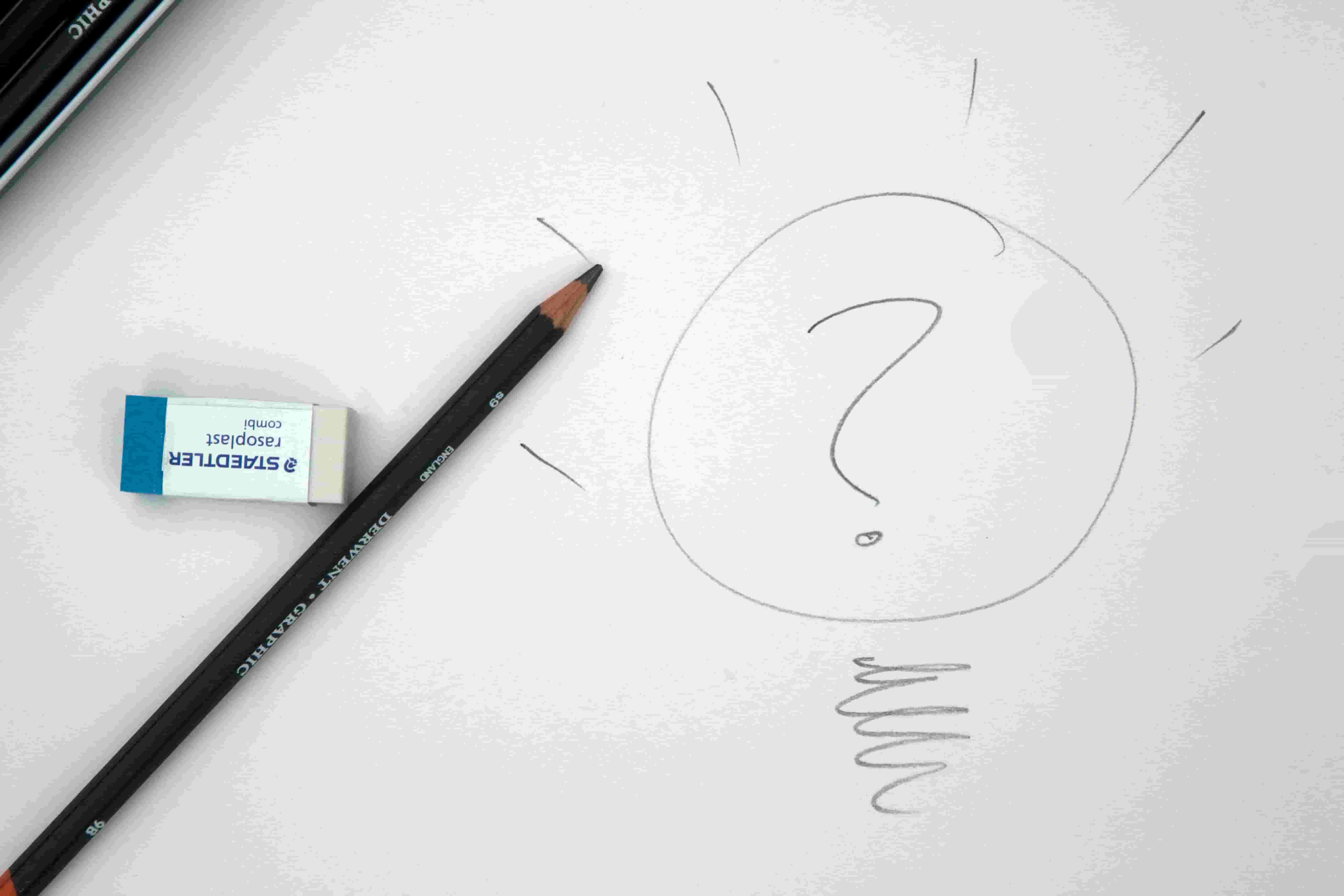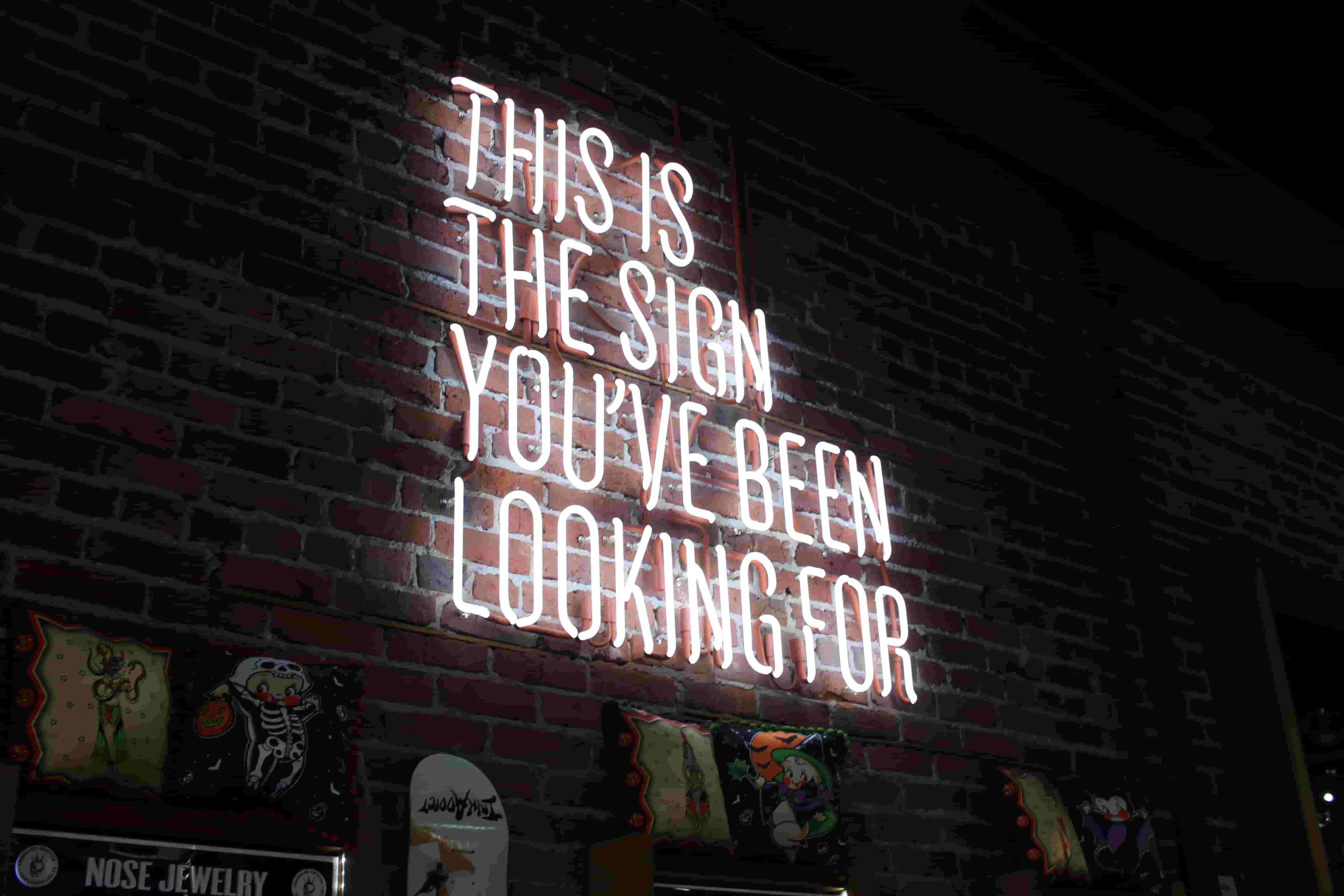Grief is a normal, natural reaction to loss - whether that's of a person, or a job we love. Giving ourselves the time and space to reflect on what we have lost is an important part of the process of coping with redundancy
Grief is a natural reaction to the loss of someone or something we love, and that includes the loss of a job. We value our work for a number of reasons – self-worth, it pays the bills, it gives us a purpose, we get a sense of achievement and we often spend more time with our colleagues than our family. Finding ourselves redundant can have a knock-on effect in many areas of our lives and this can cause grief on several levels.
Struggling to find a new job can affect our confidence and even our trust in our ability to find new work. We can’t always just brush off our losses, and feelings of sadness, anger, regret and anxiety can surface, making things seem hopeless.
We also need to grieve for the loss of our usual routines and all that is familiar, as well as grieving for our friends and colleagues in the workplace. It is important that we acknowledge the feelings we have around the redundancy and let it be OK not to be OK until we rebalance and find a new and different purpose.
If you are struggling to cope with redundancy right now and are unsure of where to start, Life Coach Directory shares 10 steps to help you cope with redundancy.

What now?
Use it as a springboard
It’s really challenging not to take redundancy personally, especially if we have been committed and given one hundred percent to our job. Self-doubt can creep in and make the future seem scary.
We may feel like we are drowning in a sea of faces as we see others around us in the same position due to the economic crisis of the 2020 pandemic and wonder if, or how, we will ever find a new job in this reduced market. This is all-natural as we try to process being made redundant and we must allow ourselves time to grieve for our loss and work out how we can create opportunity. We also should use this time to really get to know what it is that we want.
We may have stayed in the job because we’ve been doing it for years, and the known is sometimes easier for us. It’s OK to have a fear of the unknown, but channel this energy into creating a better, different, future.
Practice self-care
Take some ‘me’ time. Be honest about how you feel. Spend time with the people you love and do things that make you feel good about yourself. Factor your future planning into each day and have a structure. This will put meaning into your day and will create a sense of having done something positive.
Remember that it’s the job that is redundant, not you. You still have your skills and your talents. Sometimes, being forced out of our comfort zone can be just the kick we need.
Look at your contacts list and begin networking. Build on your CV and really think about the skills you have - not just in the workplace but your life skills too. Perhaps you have some examples of great problem solving, or organising a big event or navigating a really tricky situation that you could include to make yourself and your CV really stand out. Put it all out there, you’ve nothing to lose and everything to gain.
Discover more about self-care and how it can help you to manage your health - physically and mentally. Or discover positive ways you can boost your overall wellbeing whilst learning new skills, learn more about self-help and what it can do for you.

Accept change
Life is no different than the weather - we can’t control either. It’s great when it all goes according to plan, just like a lovely sunny day. But, without the rain, we wouldn’t appreciate the sunny days. Don’t let something bad make you lose sight of all that you have and all that you are.
We have to let go of trying to control and intellectualise every aspect of our lives and become more fluid, especially when something drastic happens to us, like losing our job. Don’t let it define you. Use this time to improve your learning whether through an online course or volunteering work.
There is always something to do if we look. Have faith. Show the world that you can adapt and find excitement in the unknown - it could just end up being a blessing in disguise.
Lianna Champ has over 40 years’ experience in grief counselling and funeral care and is author of practical guide, How to Grieve Like A Champ.


Comments